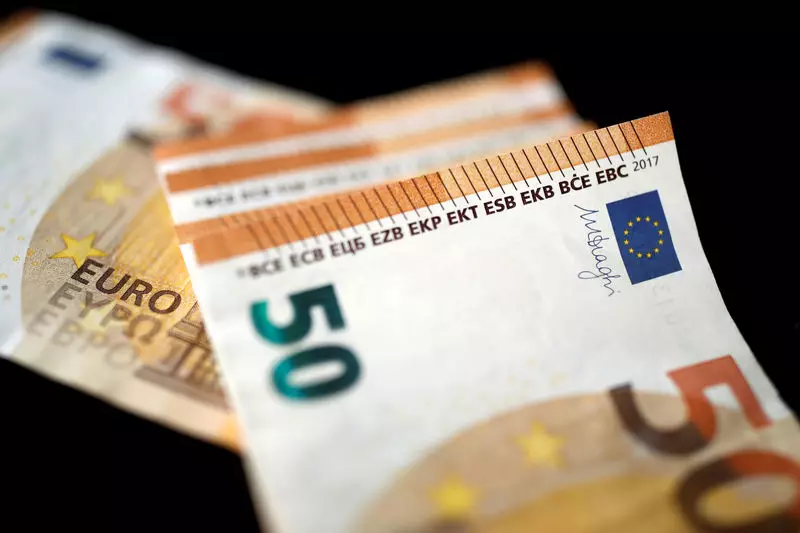Over the past decade, the U.S. dollar has solidified its status as a dominant currency, boosted by various economic and geopolitical factors. As we approach the upcoming U.S. elections, experts, including strategists from Goldman Sachs, are identifying pivotal elements that could influence the dollar’s trajectory. In essence, the political landscape is set to play a substantial role in determining the currency’s strength or vulnerability.
A significant aspect of the forthcoming elections revolves around tariff policies, which are expected to resonate deeply in foreign exchange (FX) markets. Goldman Sachs posits that the dollar could respond explosively to a Republican sweep of both houses, potentially ushering in high tariffs, coupled with tax cuts that could short-circuit the traditional economic equilibrium. Contrastingly, a divided government may dilute the anticipated dollar strength, leading to only modest financial responses.
This raises intriguing questions about how diverse political outcomes could shape investor sentiment regarding U.S. currency. A Democratic sweep or a congress divided along party lines appears likely to pressure the dollar initially as market participants adjust their expectations of a more progressive trade policy that might involve tariff rollbacks.
The anticipated dollar volatility under different political regimes emphasizes the currencies that are likely to feel the effects most acutely. Notably, currencies like the Mexican Peso and the Chinese Yuan are poised for significant fluctuations based on anticipated U.S. trade policies. Goldman’s predictions demonstrate that if tariffs increase under a Republican leadership, the Chinese Yuan may depreciate to around 7.40 against the dollar, while the Euro could experience a decline of approximately 3%. Under extreme conditions of escalated tariffs, this might extend to a staggering 10% fall.
Interestingly, the outlook for the Japanese Yen remains particularly ambiguous, with multiple variables at play complicating its role as a barometer for dollar strength. Consequently, it appears that analysts are inclined to sidestep this currency pair in the present scenario, favoring instead clearer opportunities tied to domestic political outcomes.
Goldman’s analysts caution that the complexity of currency valuations necessitates a careful interpretation of past events. They advise stakeholders to tread lightly regarding estimates drawn from earlier experiences, often citing that current FX impacts may not be as profound or immediate as historical analyses suggest. Instead, they advocate for patience and a focus on longer-term strategies, especially in light of potential market rebalancing following significant political outcomes.
On the horizon, there appears to be room for both upward and downward adjustments regarding the dollar’s value. Goldman Sachs delineates a scenario where U.S. policy enhancements, alongside notions of ‘US exceptionalism’, could buoy the dollar against its peers. However, they equally acknowledge risks associated with global dynamics, such as China’s aggressive stimulus measures, which could reshape economic landscapes and reverberate through foreign currencies.
As the impending elections loom large, the delicate dance of U.S. tariff policies and political outcomes will undoubtedly wield greater influence over the dollar’s future, making this a critical juncture for investors.

